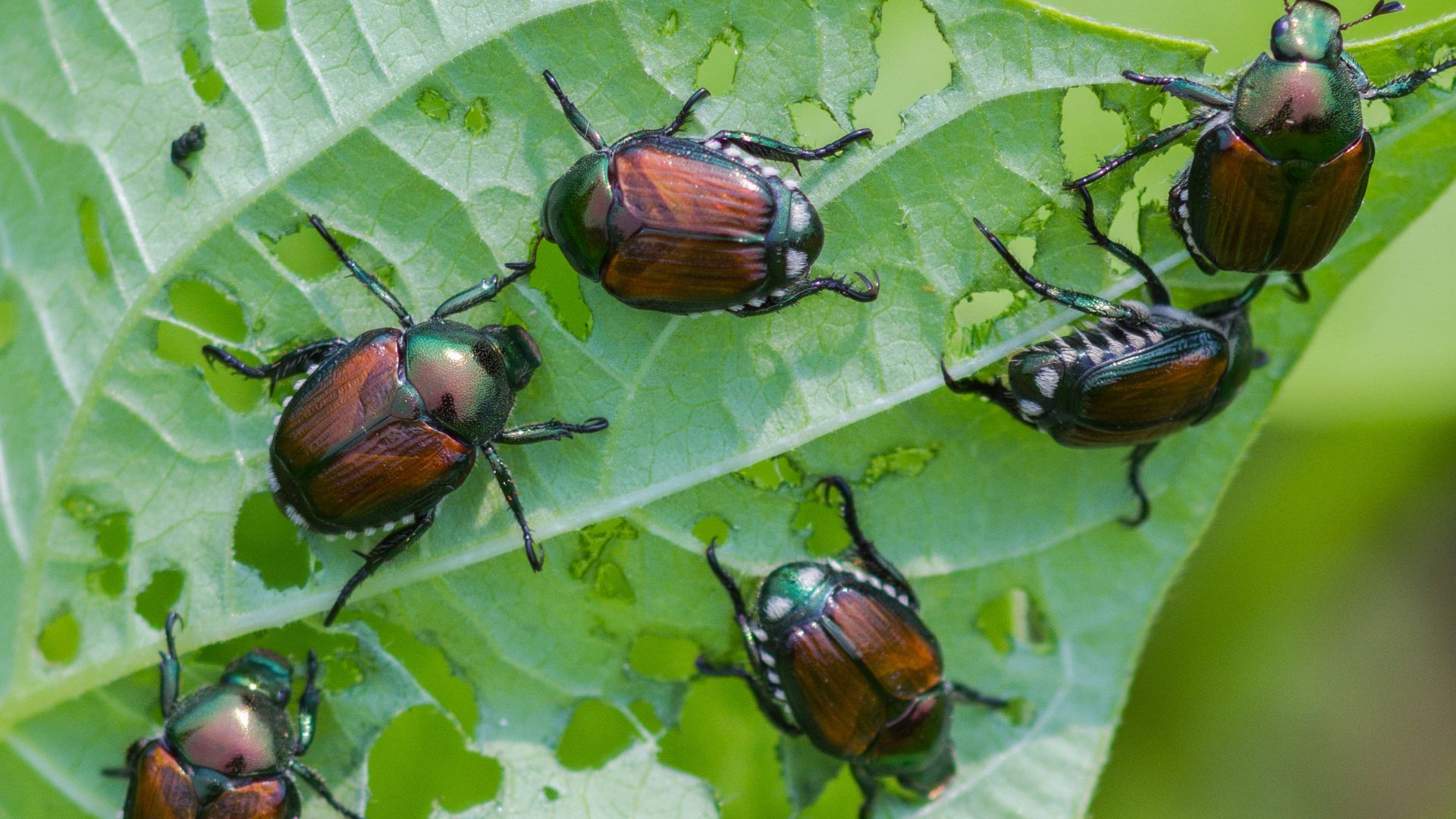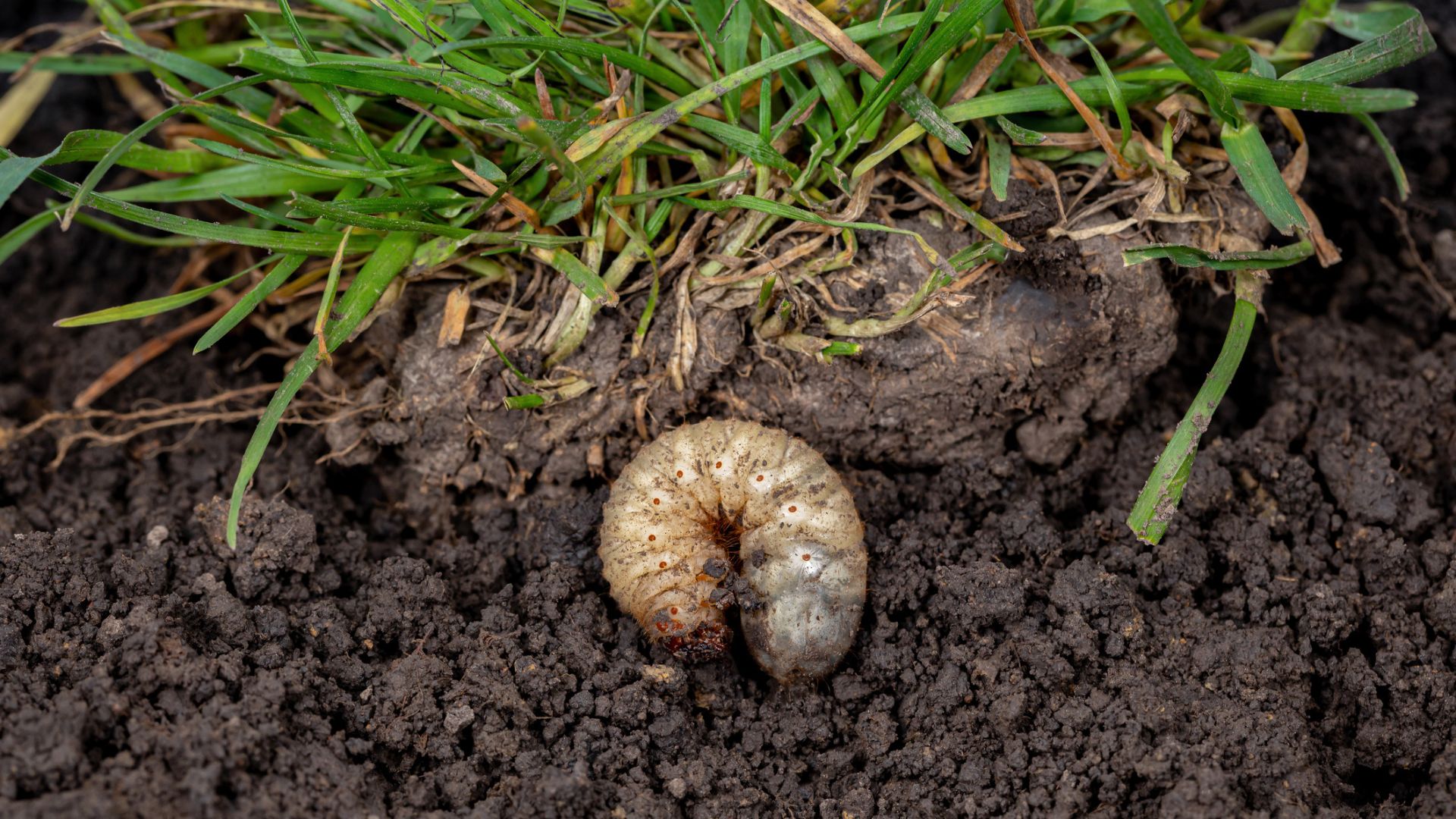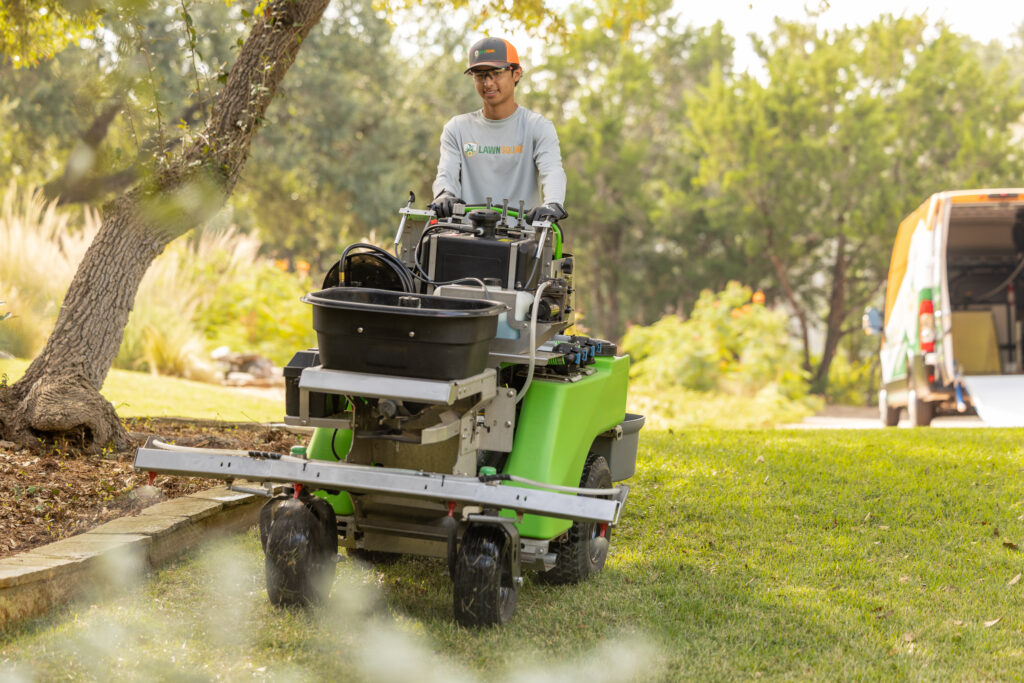Have you ever stepped outside in early spring, only to be greeted by an invasion of weeds that seem to sprout up overnight? It’s frustrating, right? You worked hard to cultivate that beautiful lawn, and now it feels like a battle against nature. If that sounds familiar, you’re not alone. This spring, you’ll learn why your Pennsylvania lawn is a weed magnet and how to tackle this pesky problem head-on.

The Hard Truth About Lawn Pests
Let’s get real: lawn pests are sneaky little devils. They can invade without warning, turning your once-proud yard into a battleground. I remember speaking to a neighbor who felt utterly defeated after battling grubs and chinch bugs for weeks. “I thought I was doing everything right,” she said. “But the more I tried, the worse it got.”
Trust me; you’re not alone in this struggle. These pests thrive on neglect, and the uncomfortable truth is that many homeowners don’t realize the importance of regular lawn inspections. By the time you notice irregular patches or an uptick in birds, it may be too late. But don’t panic! You can turn things around with a proactive approach.
Simplifying Your Pest Prevention Strategy
Let’s break this down into actionable steps. Here’s how to outsmart those pesky invaders:
- Inspect Regularly: Make it a habit to walk your yard weekly. Look for irregular patches, signs of insect activity, or any changes in grass color.
- Height Matters: Keep your grass at the optimal height (around 3 inches). Longer grass shades the soil and discourages pests from setting up camp.
- Water Wisely: Water deeply but less frequently. This encourages strong roots and healthier grass, making it tougher for pests to thrive.
- Plant for Protection: Choose flowers and plants that attract beneficial insects. Ladybugs and lacewings are your allies in the battle against harmful pests.
The #1 mistake? Neglecting to check your lawn regularly. It may seem tedious, but those little inspections can save you from a lot of headaches down the road.
A Homeowner’s Journey: From Despair to Triumph
Meet Sarah, a fellow Bucks County homeowner who almost gave up on her lawn. After months of fighting off what she thought were harmless bugs, she discovered a full-blown infestation. “I felt defeated,” she said. “I didn’t know where to start.”
After reaching out to Lawn Squad®, she learned the importance of proactive inspections and proper lawn care. With our guidance, she began to implement regular checks, adjusted her watering schedule, and even planted flowers that attracted beneficial insects.
Fast forward a few months, and Sarah’s lawn transformed from a patchy disaster to a lush paradise. “I finally feel proud of my yard again,” she beamed. “It’s a space I love to spend time in, not avoid.”
Practical Tools to Protect Your Lawn
Ready to take action? Here’s your quick-start checklist to keep those lawn pests away:
- Weekly Lawn Inspections: Grab a notebook and jot down any changes you see.
- Mow at the Right Height: Set your mower to 3 inches for optimal growth.
- Deep Watering Schedule: Water your lawn once a week for about an hour.
- Plant Beneficial Flowers: Consider planting marigolds or daisies to attract helpful insects.
- Reach Out for Help: If the problem persists, don’t hesitate to contact professionals.
Take Action and Empower Your Lawn
Now it’s your turn! I challenge you to step outside and inspect your yard today. Notice any changes? Take one brave action, whether it’s adjusting your watering routine or planting those flowers. Your lawn deserves it, and you have the power to protect it.
Need guidance? Call us at 610-847-2726 or inquire about our VitaminLawn® Program. Together, we can make your lawn the envy of the neighborhood!
Let’s face it: those weeds are thriving, and it’s not just bad luck. They thrive in the perfect conditions of warmth, moisture, and sunlight that spring brings.
After a long, harsh winter, our soil can become compacted, making it a cozy home for weeds like dandelions and crabgrass—while leaving your grass struggling to keep up. Trust me, I’ve seen countless homeowners feel defeated as they watch their lawns turn into a wild jungle.
It’s not your fault; it’s just the nature of the game.








